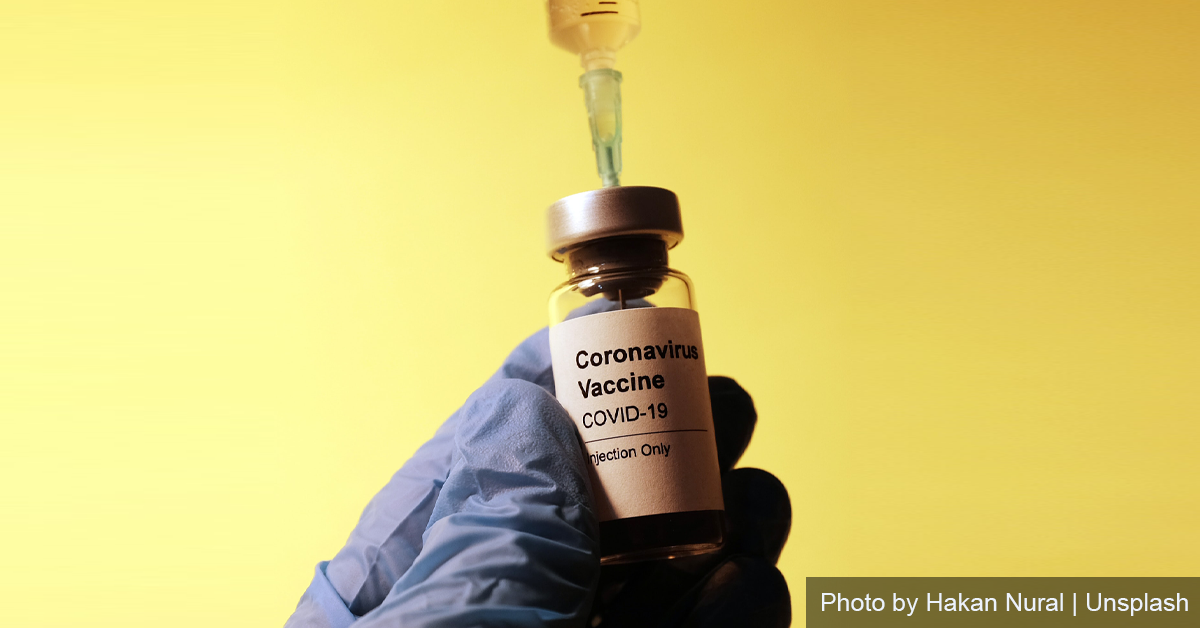
The global pandemic has left a lingering impression that last year was a curse on mankind. Indeed, it was so in terms of lives lost, livelihoods destroyed, hopes dashed, and expectations delayed.
However, 2020 was a blessing for those who believe in science. COVID-19 has reinforced the role of science in human rationality. As we look beyond COVID-19, the hope is that the triumph of science last year will be replicated in the area of climate change now and in the years to come.
Remember how the coronavirus pandemic was greeted initially? Different religious groups that existed as far apart as South Korea, Malaysia, Indonesia and India behaved as if nothing had happened. Today, some defiant behaviour continues through the actions of the anti-vaxxers, who deny the efficacy of life-saving vaccines. Mercifully, the mainstream of all faiths has abjured the defiance of science manifested by the actions of those on the fringe.
The vaccines have arrived. Now, in their spirit, the successful science of epidemiology should turn human attention to the science of the environment which climate change deniers seek to banish.
Unlike metaphysics, science is based on the quest for empirical and verifiable truth that never ends because no form of knowledge is complete. Had it been otherwise, scientists would have thrown up their hands at the arrival of a novel coronavirus. Instead, they doubled up, eyes peering through microscopes, testing out rudimentary cures on volunteers, comparing notes, subjecting themselves to scrutiny by peers in learned journals, and trying their best to balance the efficacy of a vaccine against safety considerations.
Similarly, climate change education provides the scientific context and critical perspectives that help people see how the known world is disappearing around them, one denuded forest, once melting glacier, one rising sea at a time. The young begin to value the world’s lost green past, take personal responsibility for an environmentally degraded present, and be a part of an ecologically redeemable future.
But they are young. They do not possess as yet the access to the levers of economic and political power with which to effect change and not merely long for it. That power belongs to adults.
COVID-19 might, hopefully, prove to be a turning point for those adults. Many of today’s healthy adults are likely to be tomorrow’s unhealthy old, so the experience of the pandemic could well turn their attention to what awaits them should another pandemic occur, one even more severe than the current one.
In the same spirit, adults might be compelled to contemplate, with a degree of personal urgency, the untimely greying of the earth that has been created by climate change and global warming. Since vaccines have arrived to protect people from COVID-19, it is not impossible that adults would envisage a global future inoculated against the silent but sure epidemic of climate change.
There is no certainty that they will, but COVID-19 has been a transformative event that makes it possible to believe that humans can effect change in many ways.
The pandemic will pass eventually; ecological devastation will not. Science was the winner in the year of COVID-19. May it continue its winning streak.
The author is co-general editor of the Singapore Chronicles series published by IPS and The Straits Times Press.
Top photo from Unsplash.
